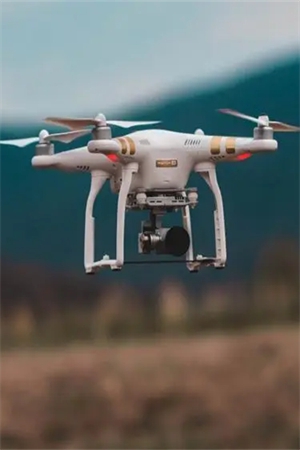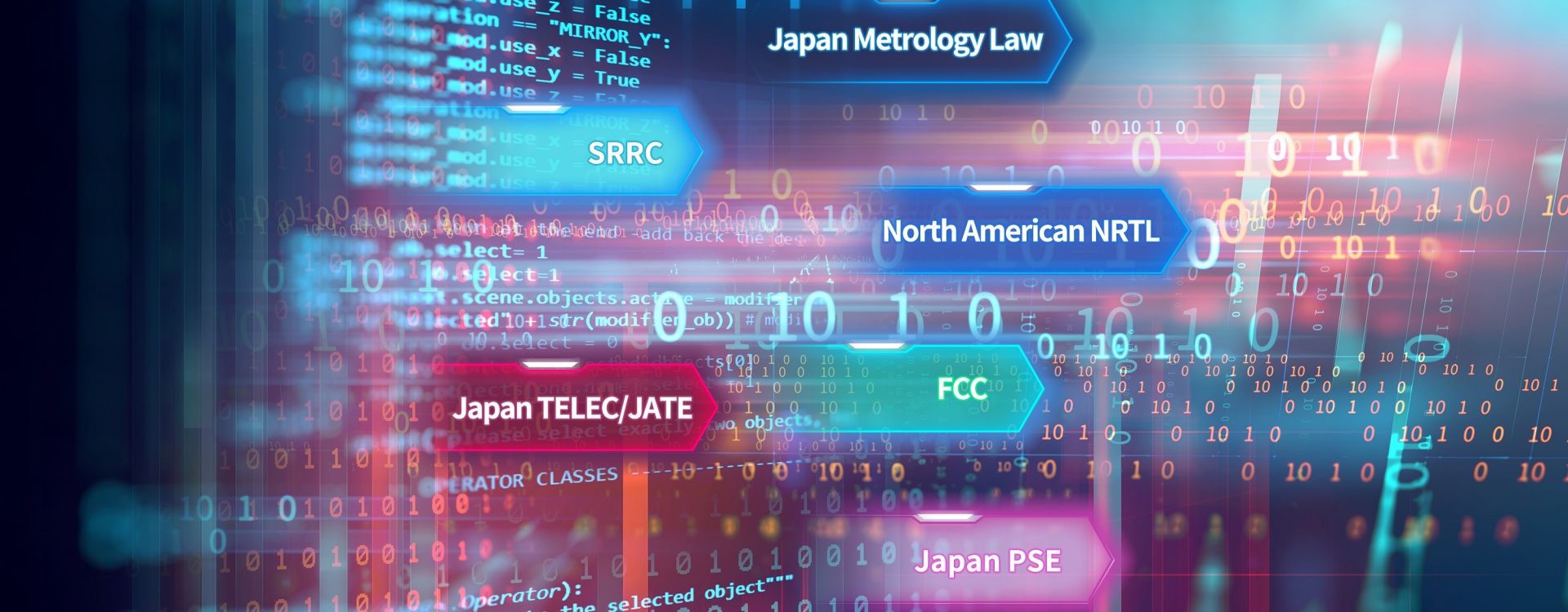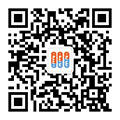PSE, PSC, TELEC... What are those piles of certifications in Japan
1. Japan PSE Product Safety Certification
PSE certification is a mandatory safety certification in Japan, used to prove that motor and electronic products have passed safety standards testing under the Japanese Electrical and Raw Material Safety Act (DENAN Law) or international IEC standards. The DENTORL Law of Japan stipulates that 498 products entering the Japanese market must pass safety certification. Among them, 165 Class A products should obtain a diamond shaped PSE logo, and 333 Class B products should obtain a circular PSE logo.
Coverage product range:
Scope of certification for Class A PSE specific electrical supplies:
Wire and cable, fuses, wiring devices (electrical accessories, lighting appliances, etc.), current limiters, transformers, ballasts, electric heating appliances, electrical power application machinery (household appliances), electronic application machinery (high-frequency hair removal devices), other AC electrical machinery (electric shock insecticides, DC power supply devices), portable engines
Category B Japan Non specific Electrical PSE Certification Scope:
Synthetic resin insulated wires, synthetic resin insulated wires, fuses, enclosed fuses, wiring appliances, transformers, ballasts, small single-phase transformers, wire tubes, metal wire tubes, metal wire tube accessories, synthetic resin wire tubes, synthetic resin wire tube accessories, small AC motors, electric heating appliances, mechanical appliances for electric power applications Light source application machinery, electronic application machinery, and other AC electrical machinery.
2. Japan PSC certification
According to the Japanese Consumer Goods Safety Law, consumer products that are prone to harm human health due to their structure, materials, and usage methods require a PSC certification mark when sold in Japan.
Consumer daily necessities certification can be divided into three categories: diamond PSC certification, circular PSC certification, and SG certification:
(1) Mandatory certification of diamond shaped PSC for specially designated products, such as portable laser application devices, lighters, cribs, and hot water circulators for bathtubs. This type of product requires testing and verification by a registered certification agency, and the issuance of a certificate with a diamond shaped PSC mark.
(2) Circular PSC certification of designated products, such as household pressure cooker, motor vehicle helmet, climbing rope, oil fired water heater, oil fired boiler and oil fired heater. The product is marked with a circular PSC logo.
(3) SG voluntary certification for other consumer daily necessities, with products marked with the SG logo.
3. Japan T-Mark, S-Mark certification
At present, the main trend of world security certification is to unify standards through efforts such as ISO and IEC, but there are still significant differences. However, the consistency of regional standards has become a fundamental trend. Another trend is the coexistence of mandatory certification and recommended certification.
The development characteristics of Japan‘s product safety certification system are shifting from mandatory certification to recommended certification. The T (T-Mark) mark is a government mandatory certification mark. The S (S-Mark) mark is a recommended certification mark. Whether it is the T logo or the S logo, it is only applicable to Japan. Due to the limited number of standards developed by oneself, the standards for Japanese products are mainly transformed from IEC and UL standards.
The DENTORL Law of Japan stipulates that 498 products entering the Japanese market must pass safety certification. Among them, 165 A-class products should obtain T-MARK certification, and 333 B-class products should obtain S-MARK certification.
4. Japan Giteki Certification (also known as Technical Fitness Certification, MIC Certification)
In Japan, any product that involves wireless devices, such as laptops, APs, routers, landline phones, mobile phones, LTE conversion to Wi Fi, Bluetooth headphones, etc., requires Giteki certification, and the Giteki logo and issued number must be affixed or printed on the certified product. Without this certification, selling directly in Japan is illegal and will result in severe penalties. Giteki certification is mandatory
The Giteki certification in Japan generally relies on the Ministry of Internal Affairs and Communications (MIC) issued by the Ministry of Foreign Affairs of Japan (MIC) to implement the Radio Wave Act and the Electricity and Communications Act. Based on the certification of "MIC", some people also refer to Giteki certification as MIC certification.
5. TELEC certification and JATE certification
JATE and TELEC are only two of the license issuing agencies recognized by the Ministry of Internal Affairs and Communications of Japan. That is to say, both JATE and TELEC certifications are actually Giteki certifications.
The full name of TELEC certification is: Telecom Engineering Center, a general financial entity. In the early days, it was the first legitimate organization in Japan to conduct radio wave law certification, so some people in Chinese Mainland mistook Japan‘s giteki certification as telec certification. In fact, in the early days, TELEC could only authenticate Giteki‘s radio waves, while it could not authenticate the telecommunications industry. Of course, in July 2014, TELEC finally obtained the certification qualification for Japan‘s telecommunications industry.
The full name of JATE certification is: General Financial Corporation Electric Communication Terminal Machine Inspection Association (いっぱんざいんほじんでんきつしんたん) 35 さきょかいいいいいさきょょかいいいかいかいかいかいかいかいかいかいかいいかいいかいかいいかいかいい12356, Therefore, some people in Chinese Mainland mistook Japan‘s giteki certification for the Jate certification. In fact, so far, JATE only provides certification in the telecommunications industry and does not accept certification in the field of radio waves.
6. VCCI Certification in Japan
VCCI is an electromagnetic compatibility certification mark in Japan, managed by the Japanese Electromagnetic Control Council for Interference by Information Technology Equipment, and evaluates whether information technology products comply with VCCI requirements according to CISPR 22.
VCCI certification is not mandatory, but information technology products sold in Japan are generally required to undergo VCCI certification.
Manufacturers should first apply to become members of VCCI before using the VCCI logo. In order to obtain recognition from VCCI, the EMI test report provided must be issued by a testing agency registered and recognized by VCCI.
Manufacturers should first apply to become members of VCCI before using the VCCI logo. In order to obtain recognition from VCCI, the EMI test report provided must be issued by a testing agency registered and recognized by VCCI.
The products that require VCCI certification include:
Personal computers, office computers, microcomputers, workstations, peripheral terminal devices, copiers, word processors, transmission devices, others (digital cameras, Navigator, toys, MP3 players, etc.)
7. JIS Industrial Mark Certification in Japan
Japanese JIS certification refers to the process in which a manufacturer applies for JIS certification, and the JIS certification body conducts on-site audits and product testing of the factory in accordance with the requirements of Japanese industrial standardization, in order to obtain certification and allow the production of Japanese JIS certification. (In principle, JIS certification is voluntary)
8. Japan JQA Quality Certification
The Japan Quality Assurance Organization (JQA), formerly known as JMI, was established in October 1957. It is an independent and impartial private inspection and certification institution recognized by the Japanese government - the Ministry of Commerce, Industry and Trade.
As a nationally authorized certification body, JQA is not only authorized to engage in mandatory product certification (PSE-Mark) and voluntary certification (S-Mark), but also authorized by the government to conduct medical equipment testing in accordance with the JIS-Mark for raw material structure testing and inspection issued under the Japanese Industrial Standardization Law and the Japanese Medical Affairs Law.
The above is an introduction to the Japanese certification in the Deeplight standard. If you need certification in this regard, you can contact us for consultation
Recommended items
-

Japan Telec certified model changes&product catalog
Japan Telec certified model changes&product catalogView more -

What are the specific differences between circular PSE certification
PSE is a mandatory safety certification in Japan. Starting from April 1, 2001, the "Electrical Equipment and Material Control Law (DENTORL)" has been officially renamed as the "Electrical Product Safety Law (DENAN)" to prove that motor and electronic products have passed the safety standard testing of the Japanese Electrical and Raw Material Safety Law (DENAN ...View more -

How to apply for Japanese certification by phone? What other devices require Japan Telecom Law certification? How to handle Japan‘s telecommunications law? Introduction to JATE Certification in Japan...
Japan announced the implementation of the Telecommunications Law on April 5, 1985, to prove that relevant terminal equipment meets technical standards based on telecommunications services. From April 8 of the same year, it began to carry out technical standard compliance certification services....View more -

Deeplight - Seven certifications related to the export of UAV to Japan
Unmanned aerial vehicles (UAVs), also known as unmanned aerial vehicles, are unmanned aerial vehicles operated by radio remote control equipment and self-contained program control devices. Drones are actually a collective term for unmanned aerial vehicles, which can be defined from a technical perspective as: unmanned fixed wing aircraft, unmanned vertical takeoff and landing aircraft, unmann...View more




